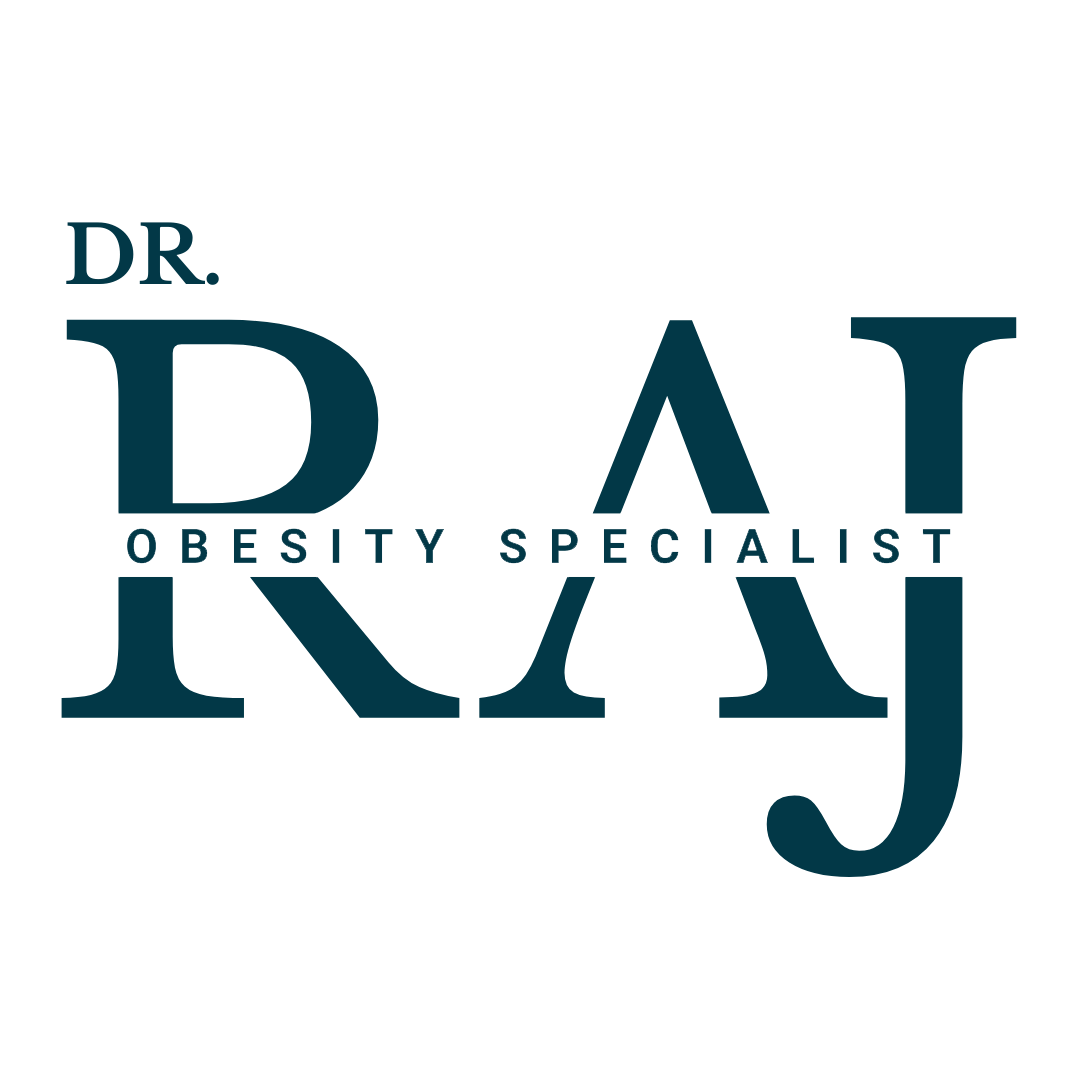Do you know where your thyroid gland is and what does it do?
The thyroid gland is located in the lower part of the neck and it secretes certain hormones into the bloodstream which control the body’s metabolism.
What is an overactive thyroid gland or thyrotoxicosis?
When the thyroid gland is overactive it produces too much thyroid hormone. It is also referred to as hyperthyroidism or thyrotoxicosis.
What causes an overactive thyroid gland or thyrotoxicosis?
Hyperthyroidism can occur if you have:
- Graves’ disease: An auto immune condition and is the comments cause for overactive thyroid
- Toxic multinodular goitre: A goitre or enlarged thyroid gland with nodules producing excessive thyroid hormones.
- Solitary toxic thyroid adenoma: A single nodule producing excessive thyroid hormones. An adenoma is a clump of cells.
- Thyroiditis or inflammation of the thyroid gland, is a condition where the thyroid gland releases excessive thyroid hormones due to inflammation. This is usually temporary. Overactive thyroid gland can also occur when too much thyroxine is taken for under active thyroid (hypothyroidism).
In the first instance patients with hyperthyroidism or thyrotoxicosis or Grave’s disease should be assessed, by an endocrinologist or specialist in thyroid disorders.
What are the signs and symptoms of an overactive thyroid gland?
Hyperthyroidism or overactive thyroid can can a wide variety of symptoms and people with over active thyroid present with varied signs. Some of the symptom and signs are shown below:
- Tiredness
- Weight loss (unintentional)
- Palpitations (racing heart rate)
- Excessive sweating
- Nervousness & Irritability
- Tremors in hands
- Heat intolerance
- Mood swings
- Loose bowels
- Enlarged thyroid gland
- Thyroid eye disease
- Hair loss
- Weight gain (rare)
Sometimes are varied and symptoms manifest in no particular order. Sometimes symptoms are so mild that they go unnoticed for a long time.
How is thyrotoxicosis or over active thyroid diagnosed?
Your endocrinologist will undertake a detailed clinical history followed by examination and investigations. Investigation may include blood test and some time scans.
A low Thyroid Stimulating Hormone or TSH level or an undetectable TSH with high thyroid hormone levels (FT4 and FT3) levels is usually indicative of an over active thyroid or thyrotoxicosis.
TSH receptor antibody or TRAb can determine whether or not it is Graves’ disease. Grave’s disease is the comments cause for thyrotoxicosis and is an auto immune condition.
What is the treatment for hyperthyroidism?
Your treatment will depend on several factors, such as the type of hyperthyroidism you have and the severity.
The available treatments are:
- Antithyroid drugs to reduce the production of hormones
- Radioactive iodine
- Surgery to remove all or part of they thyroid gland
In some cases, the thyroid over activity may settle down without any specific treatment when it is due to inflammation of thyroid gland or thyroiditis.
- Antithyroid drugs are often used as the first line of treatment in the UK. Most commonly used antithyroid medication n the UK is carbimazole. If carbimazole causes side effects or you are found to be pregnant or planning to be pregnant, another antithyroid medication called propylthiouracil is used. Usually the course of drug treatment lasts up to eighteen months. Please continue to take your tablets every day and do not miss any tablets. You should not stop them unless advised by your endocrinologist smoking reduces the chance of a cure after a course of antithyroid drugs and is also known to worsen thyroid eye disease.
- Block and replace therapy is when antithyroid drugs are used in combination with levothyroxine to totally block thyroid hormone production and replace it using levothyroxine tablets. So, you may be on both carbimazole and thyroxine.This regime is not preferred by all endocrinologists.
- Surgery is usually considered when medical treatment fails or if there is recurrence of thyrotoxicosis or when there is a large goitre or for those with severe disease. After surgery you may need to take thyroxine for the rest of your life.
- Radioactive iodine is very effective, safe and rarely causes side effects. After radioactive iodine therapy you may need to take thyroxine for the rest of your life especially if you have Graves’ disease.
- Beta blockers help relieve some of the symptoms like palpitations and anxiety. This is usually discontinued once the symptoms of thyrotoxicosis settles down.
Side effect of carbimazole: There is a very rare side-effect (agranulocytosis/neutropenia) which happens in approximately 1 in 500 to 1 in 3000 people who are taking either carbimazole or propylthiouracil. This occurs due to a lowering of the number of white blood cells, specifically neutrophils. Patients with low white blood cells may develop a sore throat, mouth ulcers, rash or fever. Therefore, if you develop a sore throat, mouth ulcers, rash or an unexplained fever, you should immediately stop taking the antithyroid medication (carbimazole/propylthiouracil) and have your blood count checked urgently either through your GP or by going to nearest A&E. If the full blood count is normal, you can restart antithyroid medication. If not you need to be seen by an endocrinologist.
Serious liver injury is rarely encountered in people taking antithyroid medications, more so with propylthiouracil. If you notice any yellowing of the eyes (jaundice) or skin you should immediately consult your endocrinologist and arrange investigations for liver disorders including a blood test for liver function test. Antithyroid medication should be immediately stopped if you have side effects involving the liver.
Please click here, to learn about hypothyroidism or underactive thyroid.
Dr Chinnadorai Rajeswaran is a consultant Physician specialising in Endocrinology, Diabetes and Obesity. As a private endocrinologist he has private endocrine, diabetes and weight loss clinics in Harley Street, London, Chennai (India), Claremont Hospital, Sheffield, Nuffield Hospital, Leeds and Simplyweight, Bradford.
He has face to face consultations with people from Barnsley, Rotherham, Chesterfield, Doncaster, Wakefield, Huddersfield, Bradford, Harrogate, Leeds, Sheffield, London and Chennai (India). He also offers video consultations.




